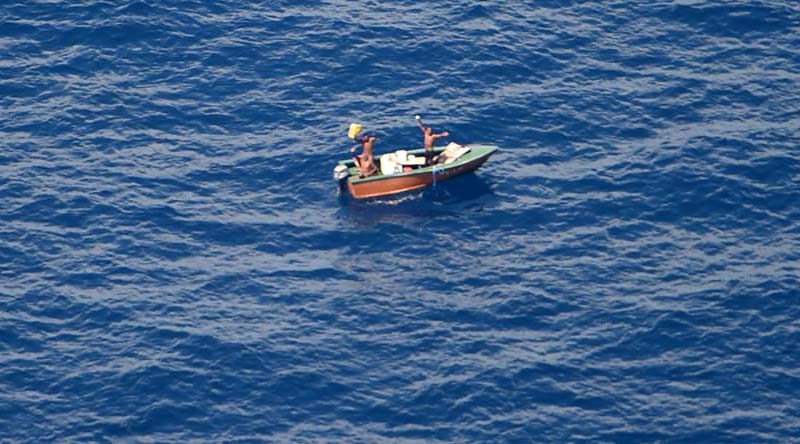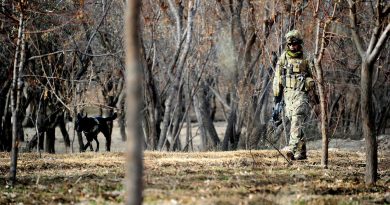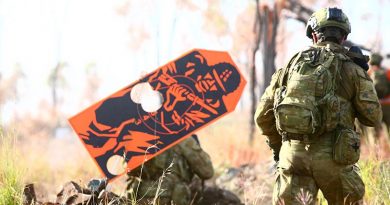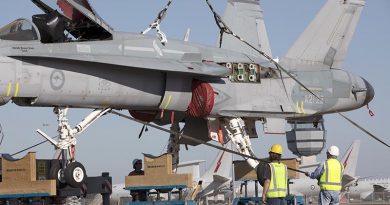NZDF finds three missing Kiribati fishermen

A Royal New Zealand Air Force aircraft has found alive the three fishermen missing at sea off Kiribati since last week.
Crew from the Royal New Zealand Air Force’s P-3K2 Orion surveillance aircraft spotted the men waving from their five-metre wooden fishing boat as it drifted about 550 kilometres west of Tarawa, the capital and main atoll of the Pacific Islands nation.
The men, aged from 34 to 61, appeared to be in good health. They were found about an hour after the Orion began its second day of searching about 10.30am New Zealand time today.
The Orion plans to drop the men emergency supplies consisting of food, water and a radio and is contacting ships in the area asking them to pick the fishermen up.
“I am pleased that the fishermen were found safe and well and will now be able to return to their families. I would also like to commend the aircrew as well as those back here in New Zealand who supported the search and rescue mission for a job well done,” Air Commodore Darryn Webb, the Air Component Commander, said.
“The successful outcome of this mission has demonstrated once again that our air search and rescue capability delivers vital public service both in New Zealand and overseas,” he said.
The Orion left Whenuapai on Tuesday morning to search for the missing fishermen. The men were last seen leaving Tarawa on 1 November.
The original search area was about 3500 kilometres north of New Zealand and covered more than 33,000 square kilometres. Following the unsuccessful aerial search on Tuesday, the search area was expanded to 55,000 square kilometres.
Fiji’s Rescue Coordination Centre, which is responsible for the search area, requested the NZDF’s assistance after a two-day aerial search by Kiribati authorities was unsuccessful.
The Kiribati search ship Nakoraoi also helped in the search.
The RNZAF NH90 medium utility helicopters and the P-3K2 Orion surveillance aircraft have flown nearly 180 flying hours on search and rescue missions in New Zealand and the south-west Pacific since January. .
.
.
.
.
.
.
.

.
.






